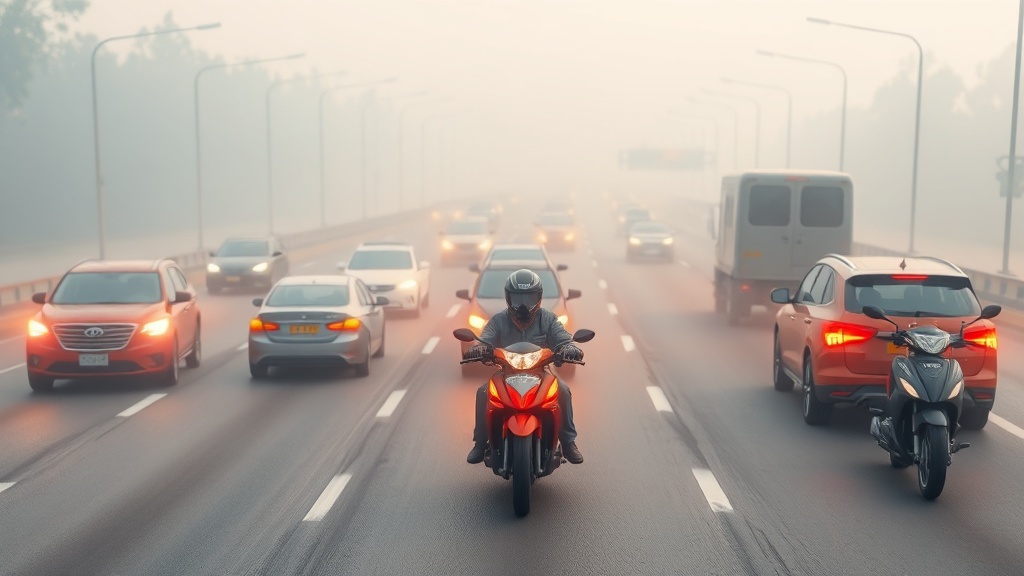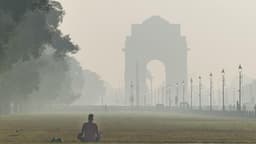Home / Environment / Delhi Battles Pollution Surge Despite Monsoon Retreat
Delhi Battles Pollution Surge Despite Monsoon Retreat
30 Sep
Summary
- Delhi recorded 5 days above AQI 100 in 2024, a sharp rise from previous years
- Monsoon withdrawal on Sept 24 led to drier winds and reduced rain to wash away pollutants
- September 2025 saw a monthly average AQI of 104.7, worse than previous years

According to data from the Central Pollution Control Board (CPCB), Delhi's air quality has taken a turn for the worse in September 2025. The city recorded just 5 consecutive days above an Air Quality Index (AQI) of 100 this year, a significant increase from 10 days each in 2023 and 2022, 2 days in 2021, and 14 days in 2020.
Experts say the conditions shifted after early September showers gave way to drier northwesterly winds. The monsoon officially withdrew on September 24, its earliest retreat since 2002. This meant consistent rain was missing to wash away pollutants. Post-withdrawal, Delhi also experienced clear skies and increased heat, which accelerated ozone formation.
The city's highest AQI this month was 169 on September 27, while the lowest was 52. The monthly average stood at 104.7 - marginally better than 2023 (107.8) and 2024 (105.4), but worse than 2022 (104.4). Forecasts suggest "moderate" air quality will continue into early October.
Advertisement
September was also hotter than usual, with the mean maximum temperature reaching 34.9°C, above both last year (33.8°C) and the long-period average of 34.1°C, though cooler than 2023, when it hit 35.6°C.




